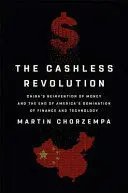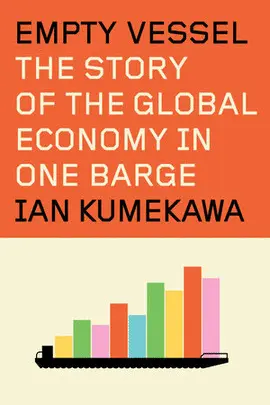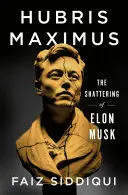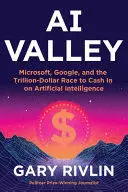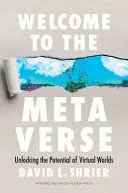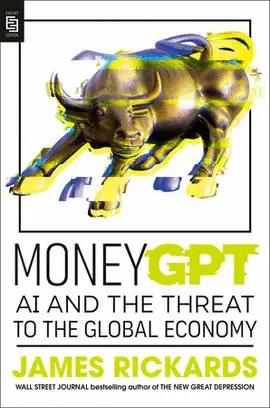The startling picture of how China's revolution in finance and technology is changing both Wall Street and the way individuals manage their personal finances.
The future of finance - the way Wall Street operates and how individuals manage their money - is on the verge of upheaval. And the force underlying the change comes from China, where finance and technology are being merged into a system with consequences that resonate far beyond China's border. The changes of this global revolution in finance and technology - fintech - will be as powerful as those wrought in social media, retailing and advertising by giants such as Amazon, Facebook, Google, and Twitter, which have overturned how we shop and communicate.
China reinvented money with lightning speed, transforming a backward, antiquated cash-based finance system into one centered on super-apps created by technology giants Alibaba and Tencent. More powerful than anything available outside of China, they allow their billion users to pay, borrow, invest, buy goods and services, travel, chat (and far more) all fused together in one mobile phone application. Think Facebook, Google, Twitter, Goldman Sachs, Amazon, J.P. Morgan Chase all rolled into one app.
We in the West need to understand China's cashless revolution for reasons ranging from the macroeconomic to issues of personal liberty: The cutting edge of finance is now in China, forcing major financial firms in the United States and the West to figure out how not to be left behind.. China's cashless revolution is also a harbinger of our future if we let the genie out of the bottle and allow big tech to become big finance. As money goes digital and central banks around the world consider launching digital currencies, we may have both immense convenience and a frightening concentration of power that could violate our privacy, stifle competition, increase financial risk, and give big firms or the government more control over our financial lives. And, once this genie is out of the bottle, the struggle to put it back in may be impossible.


